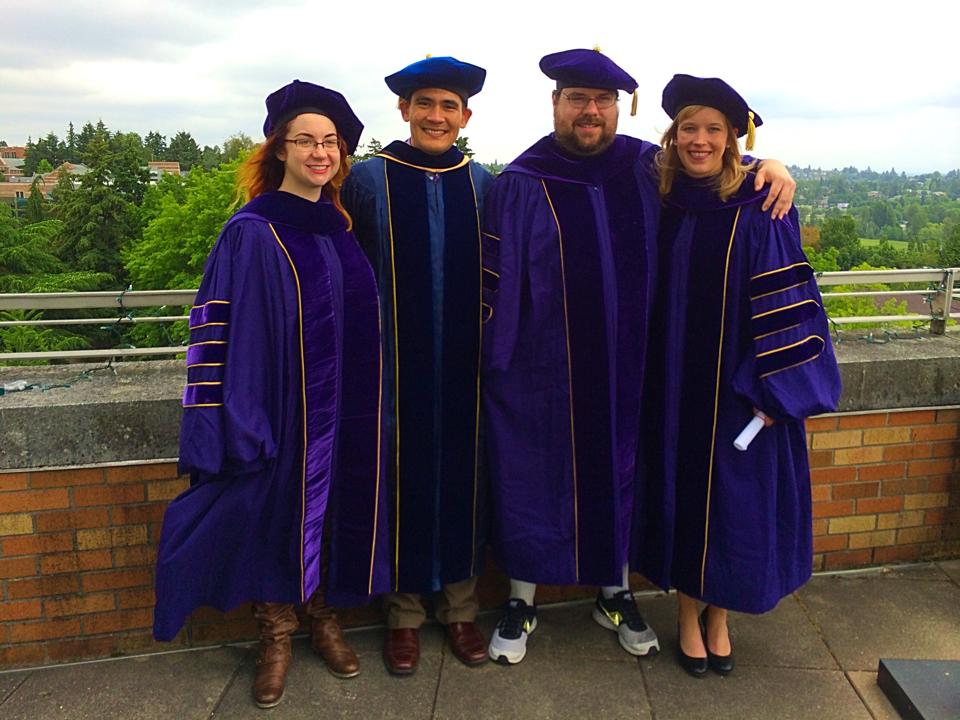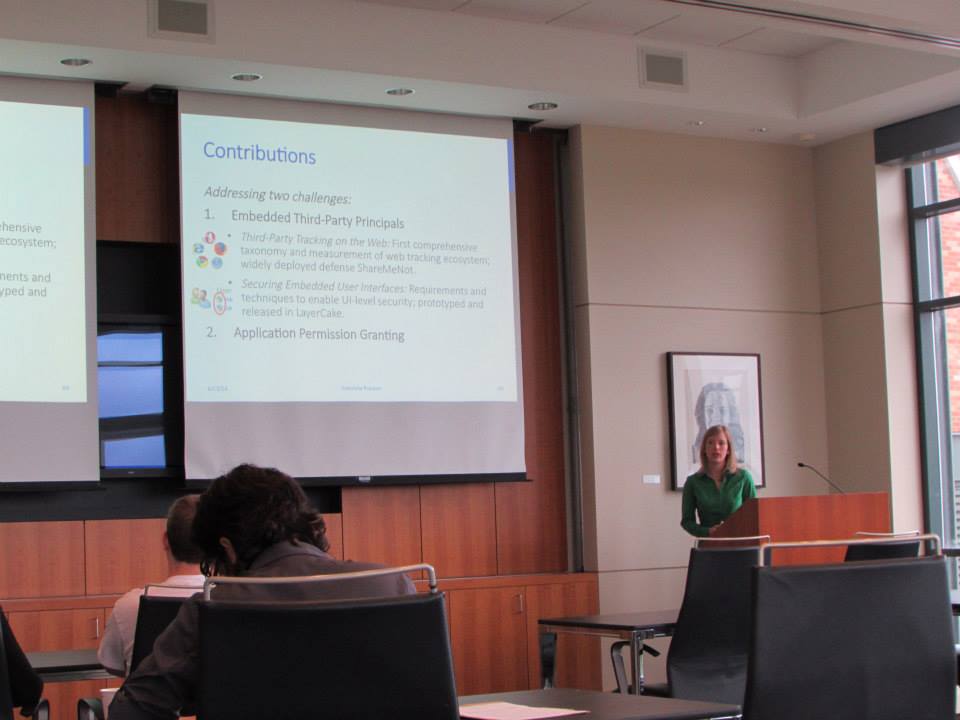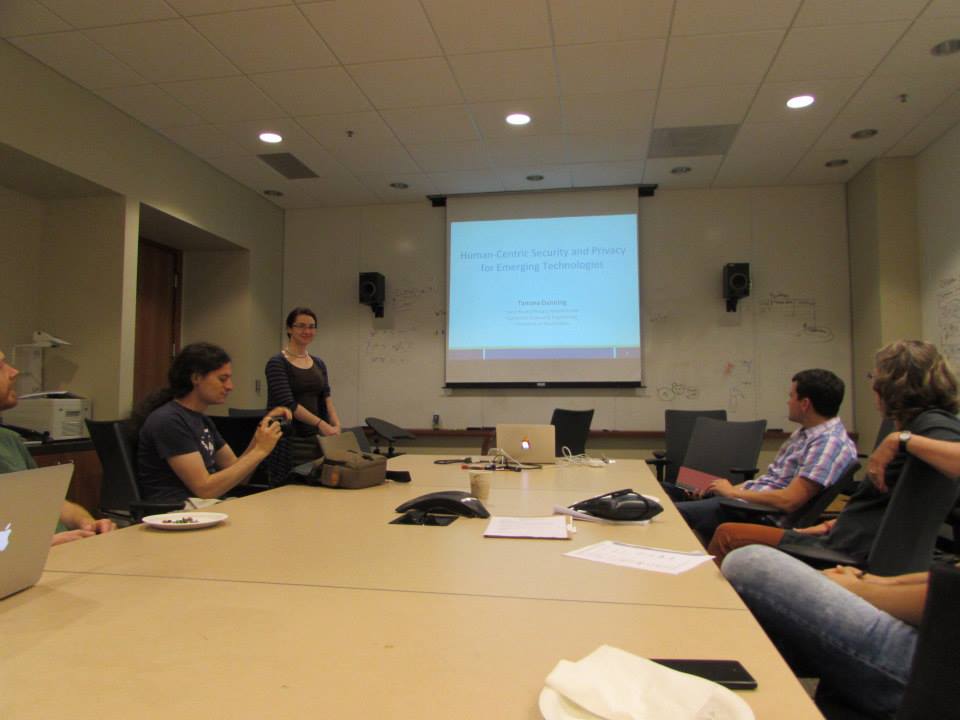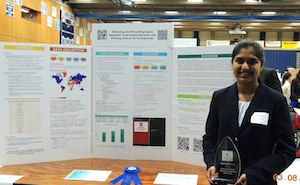Franzi’s ShareMeNot incorporated into the EFF Privacy Badger
 The EFF just released a new online privacy tool, called Privacy Badger, to help protect against third-party tracking on the web.
The EFF just released a new online privacy tool, called Privacy Badger, to help protect against third-party tracking on the web.
The EFF worked with Franzi Roesner to integrate her ShareMeNot functionality into Privacy Badger. Privacy Badger uses the ShareMeNot techniques to handle social media widgets.
To quote from the EFF Press Release: “EFF wishes to thank Professor Franziska Roesner at the University of Washington for exceptional work in enhancing Privacy Badger’s widget-handling algorithms.”
 Congratulations to
Congratulations to  Congratulations to Franzi, Karl, and Tammy for walking today as part of your PhD graduations! We are very proud of all the UW CSE graduates!
Congratulations to Franzi, Karl, and Tammy for walking today as part of your PhD graduations! We are very proud of all the UW CSE graduates! Congratulations Prof. Dr.
Congratulations Prof. Dr.  Congratulations Prof. Dr.
Congratulations Prof. Dr.  Congratulations to Dr.
Congratulations to Dr.  Congratulations to Prof.
Congratulations to Prof.  We are very excited to say that
We are very excited to say that  Alisha Saxena, a senior from Interlake High School, was named the First Runner-Up in the
Alisha Saxena, a senior from Interlake High School, was named the First Runner-Up in the